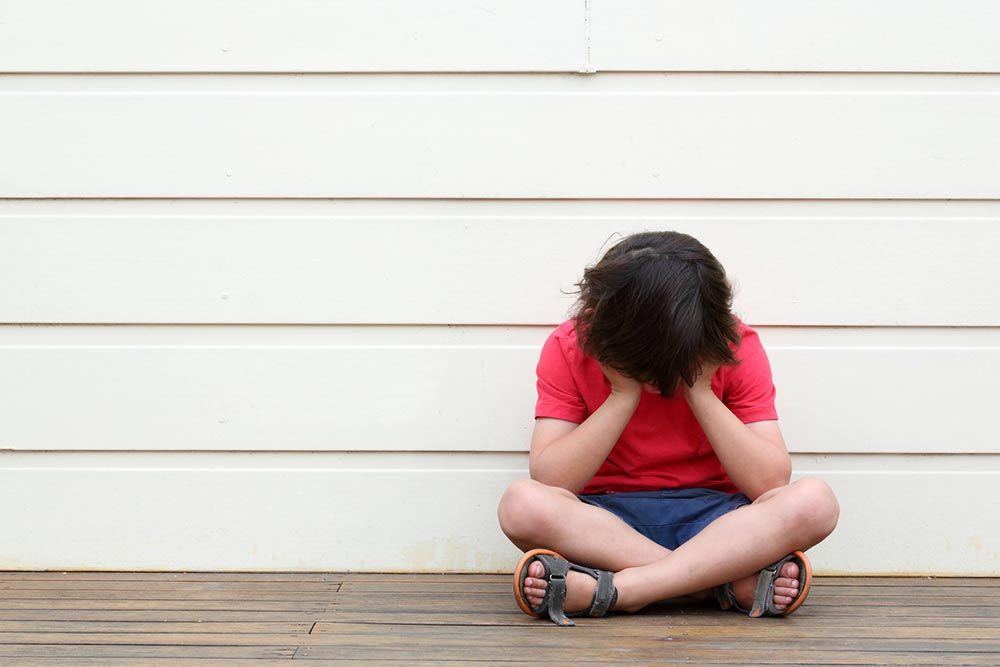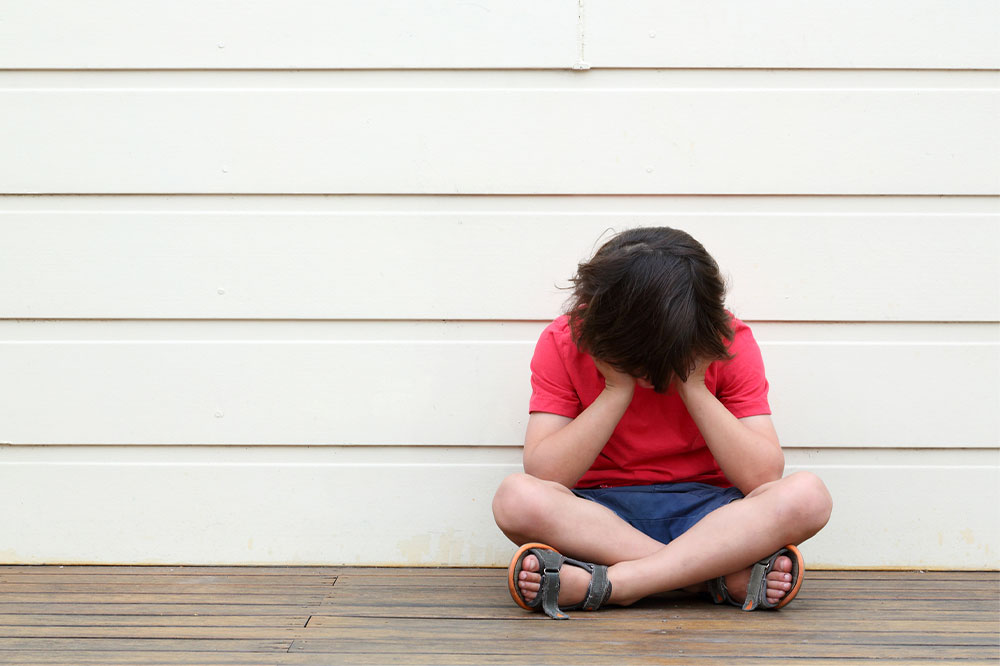9 warning signs of child neglect

Parents and caregivers play an important role in children’s lives by helping them cope with emotions and manage behavior. This is because children often emulate the adults around them. The kind of care that children receive plays a functional role in their development and how they interact with others. Certain situations at home, such as neglect, can impact a child’s behavior. Some common behavioral issues and warning signs that point toward child neglect are discussed below:
1. Frequent emotional outbursts
Children can often be irritable in certain situations. However, it is not the same reaction as that of those who have been neglected. It is natural for children to get cranky when they cannot express what’s bothering them. That said, children who face neglect from their parents or caregivers can become volatile and struggle to regulate their emotions. They might take out their anger on teachers, friends, and peers. Children who are neglected may also find it difficult to connect with their peers and communicate effectively.
2. Absenteeism or drop in academic performance
Emotionally neglected children might also be frequently absent from school. Or, they might have a hard time trying to pay attention and focus in school. This could be due to a lack of a proper sleep schedule. Not having a curfew or bedtime routine can impact their sleep cycle and cause them to be constantly tired or fall asleep during school hours. Lack of sleep can also make it difficult for children to study and focus on an assigned task, negatively reflecting their school performance. Additionally, parental absenteeism or insufficient supervision with homework or assignments can result in poor performance in school.
3. Low self-esteem
Lack of self-esteem is another warning sign of neglect in children. Children are dependent on their caregivers, and their early self-perception is primarily shaped by how their caregivers or authority figures see them. Children who face neglect can internalize other people’s perceptions of them and develop low self-esteem. Low self-esteem can severely impact the child’s daily outlook and hinder their ability to experience joy in everyday life. It makes it difficult for them to open up to others, participate in school activities, and establish boundaries. Low self-esteem can make the child more aloof in social situations and keep them from experiencing different emotions.
4. Disruptive behavior
Children with a history of neglect from their parents or caregivers are at risk for perpetrating various disruptive behaviors. When a child suffers from prolonged emotional neglect, they might struggle with regulating emotions and exhibit disruptive behavior. This could mean starting fights, defacing or destroying property, starting arguments, and creating chaos. They might constantly defy authority figures or refuse to follow certain rules, which may impact their interpersonal relationships.
5. Lack of empathy
A lack of empathy in a child might point toward neglect. Children who are neglected by caregivers or parents don’t exhibit normal development of empathy. Studies show that maltreatment and neglect can lower emotional and cognitive empathy in children. This is because they lack emotional cue inputs. Children often tend to follow what their parents do, and when parents fail to show empathy toward their children, they pick up on that behavior and emulate it.
6. Chronic guilt
Children who constantly show signs of guilt without any cause for it or have outbursts when confronted about something could be facing emotional neglect. Chances are that the tantrums may stem from their ever-present guilt. It has been observed that those who feel guilty the most usually have the least reason to feel so. Some children who have been emotionally neglected tend to question themselves and can be overly concerned about doing “the right thing.”
7. Complications with development and health
When a child has been constantly neglected, they may show a delay in their development and performance. If a child shows a delay in developing problem-solving abilities, performance at school, and basic motor skills, it could be a cause for concern. Children who experience neglect can also develop several health problems, including loss of muscle mass due to poor eating habits. Moreover, they might get frequent infections and rashes and develop anemia or dental issues due to a lack of nutrition.
8. Fear of rejection
Everyone has an innate fear of being rejected or isolated. This might make it difficult to spot this warning sign of neglect in children. However, there is a difference in the intensity of this fear between children who have been neglected and others. It might keep children from making the most of the opportunities that come their way. Children who have been neglected may avoid making friends or developing meaningful relationships with someone out of fear of rejection. They might experience periods of overwhelming emotions and bouts of crying. When left alone, these children might even feel isolated, further troubling them.
9. Lack of trust
Difficulty trusting new people is another sign of a child being neglected. This can be observed by how long a child takes to trust new people they come across. Children whose caregivers or authority figures have neglected them may struggle to open up with others.
Neglected children may feel reassured when they are surrounded by caring people. Daycare programs are licensed by the government, so children in such facilities are in safe hands. Daycare can also facilitate a child’s social and emotional wellbeing, guiding them to overcome problems due to past neglect.









